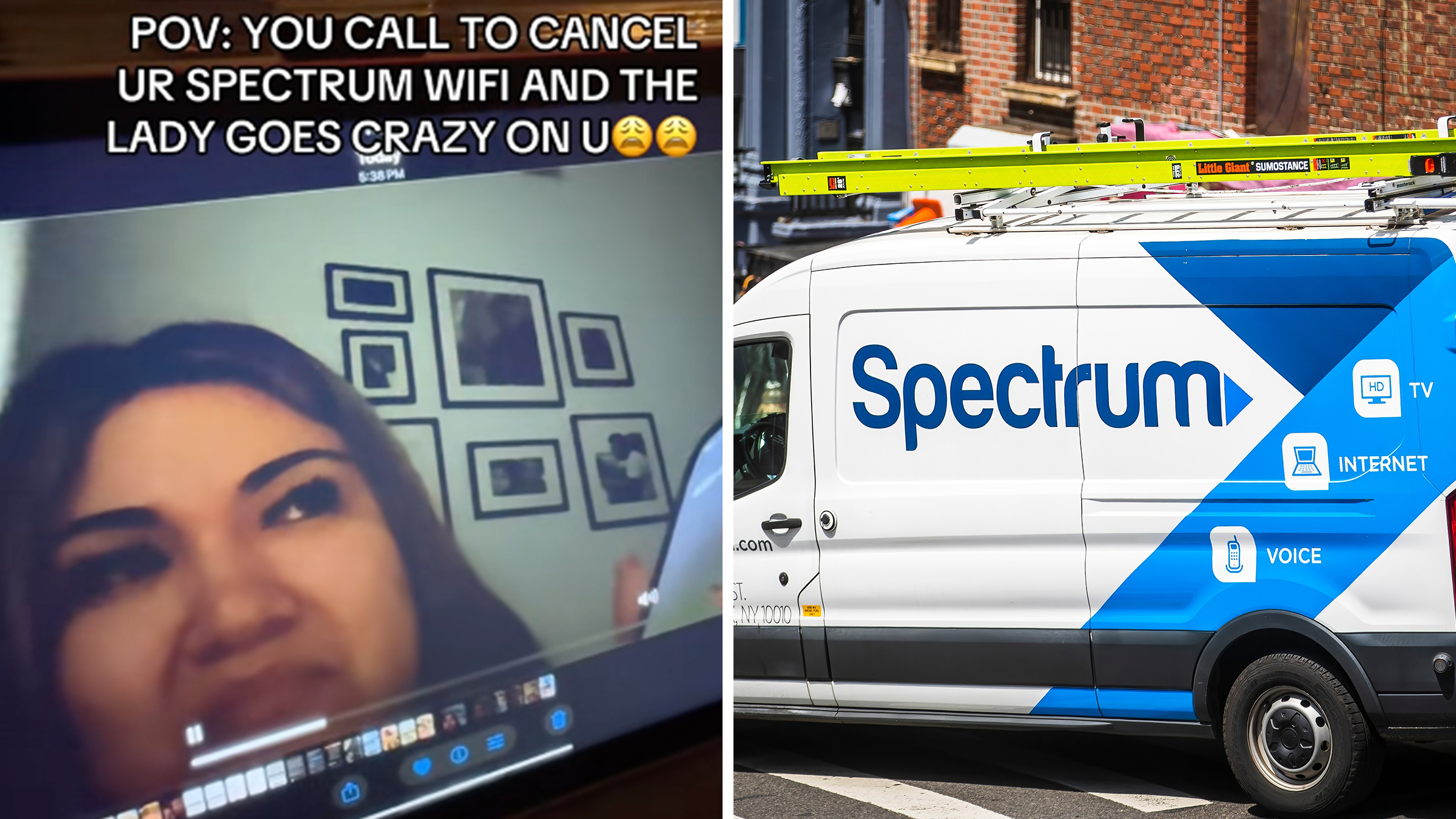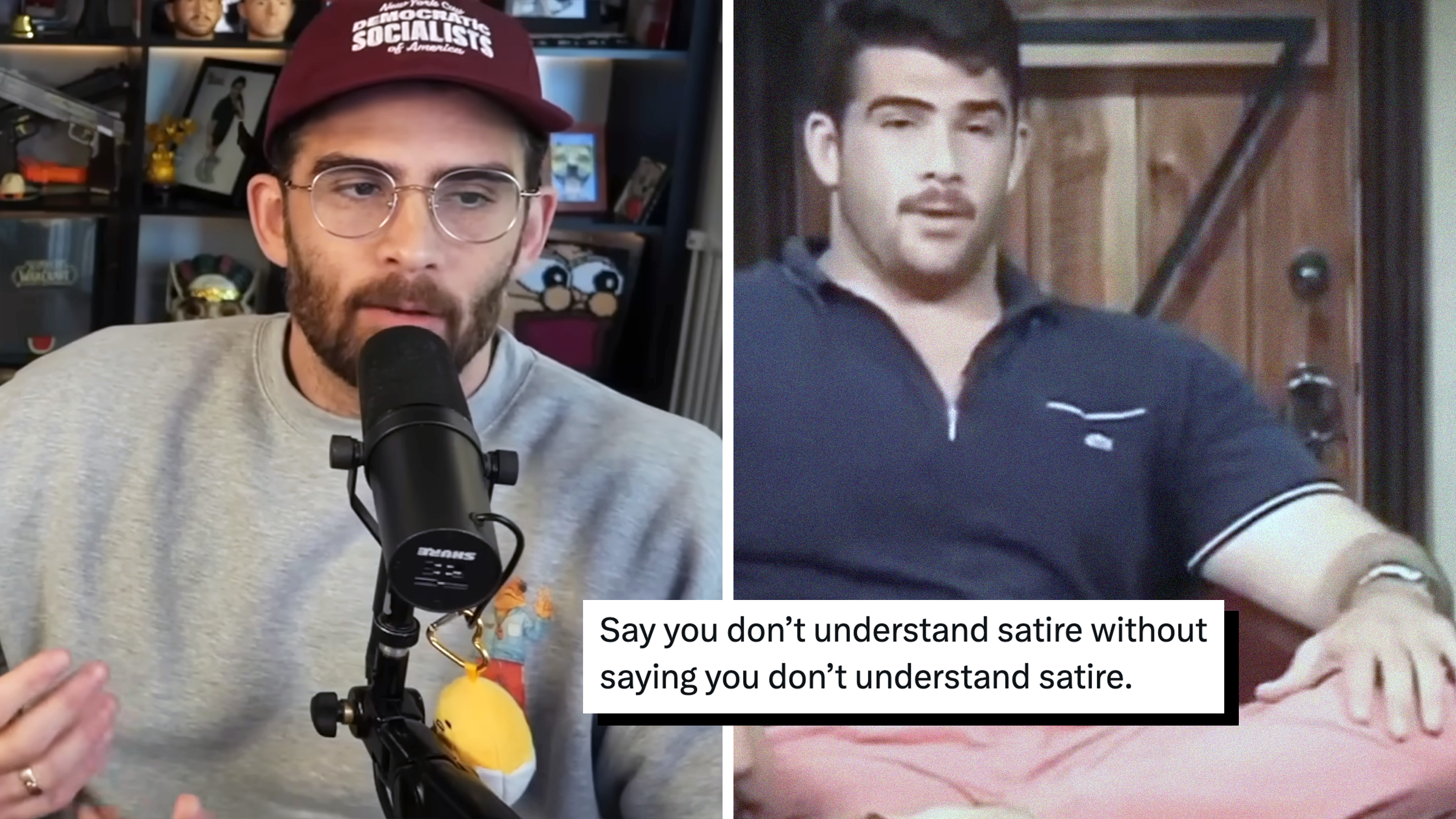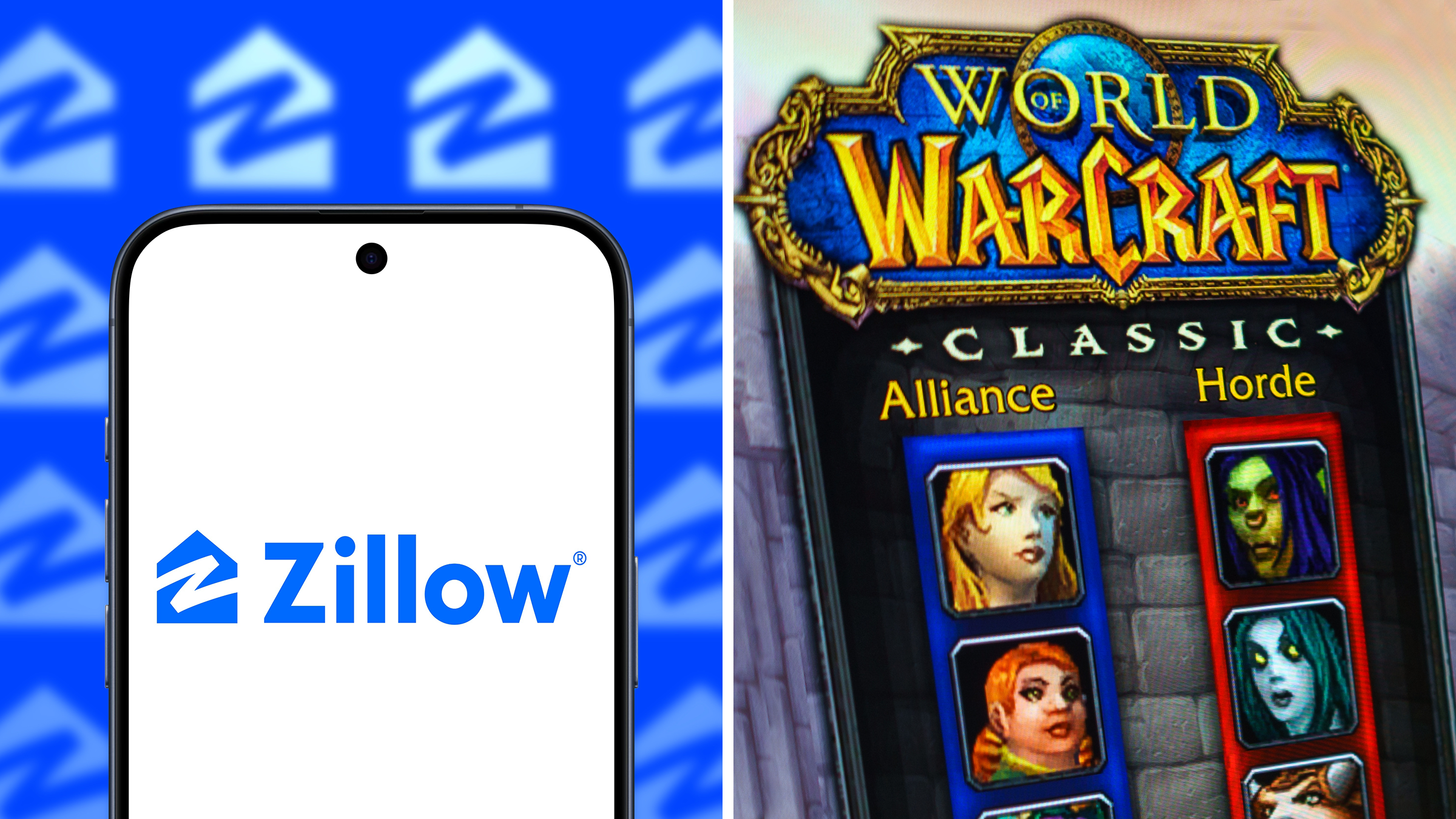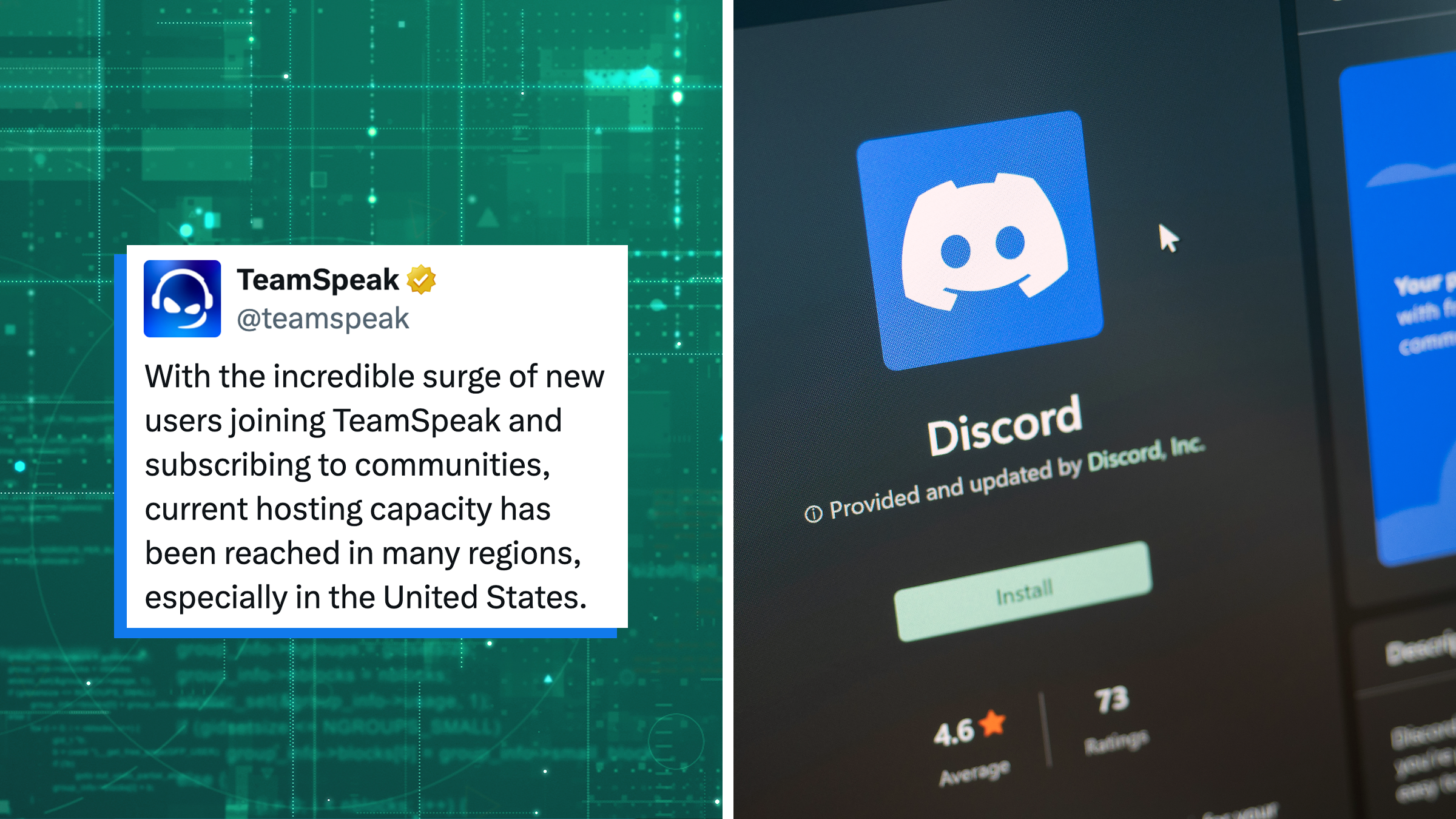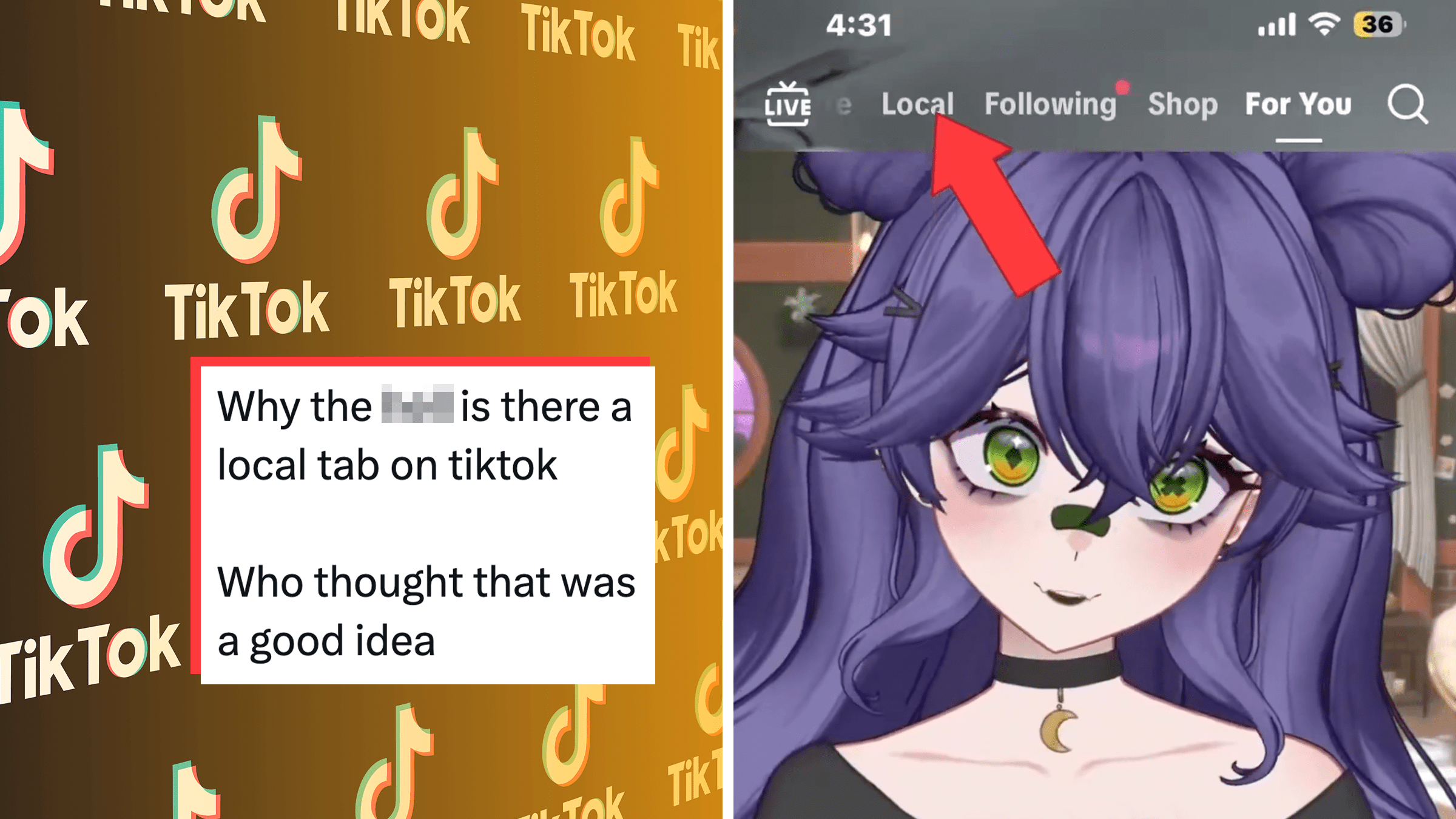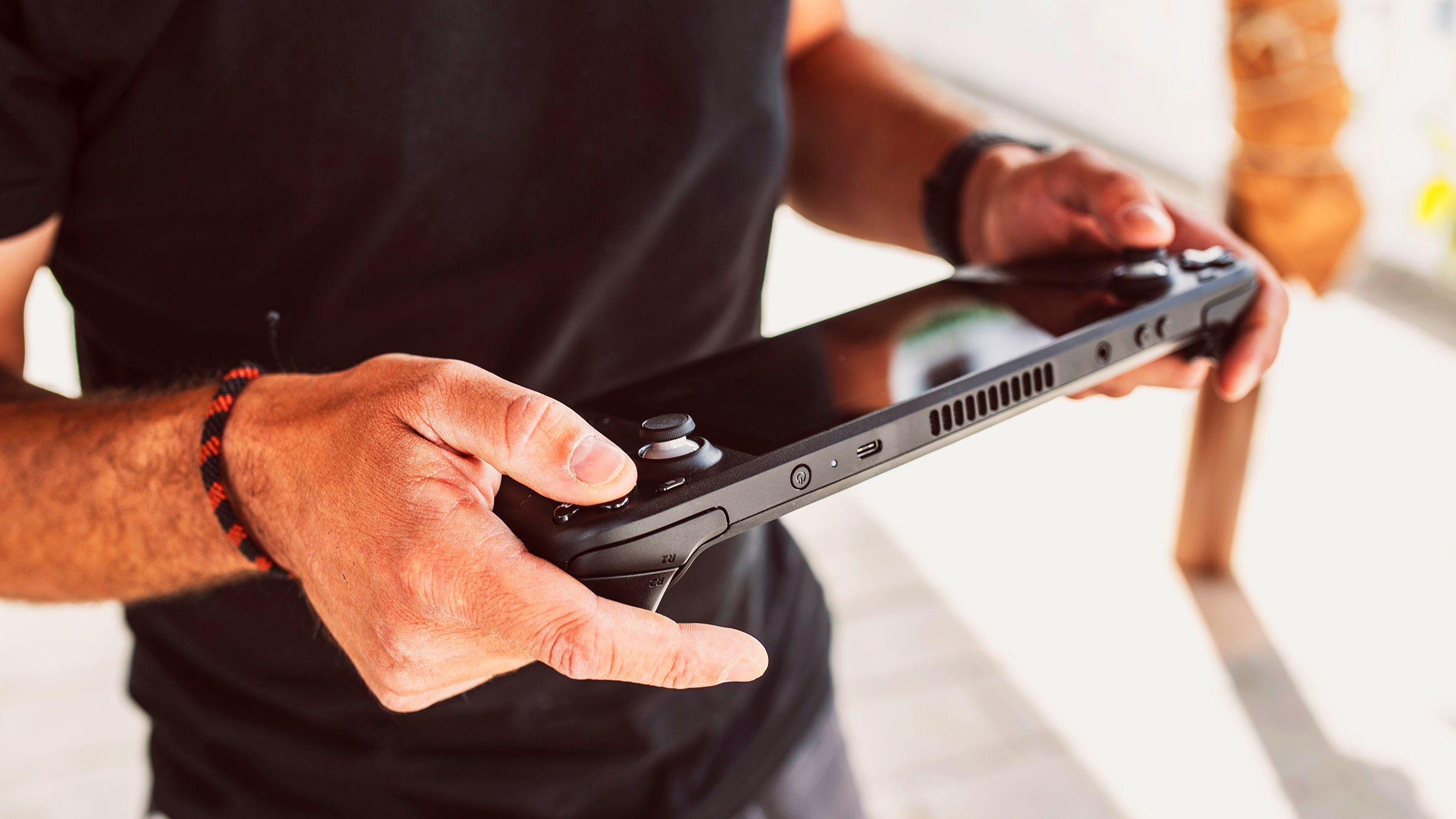Disneyland’s “MuppetVision 3D” will be released on the Apple Vision Pro. Here’s why Brian Henson is okay with it
The attraction was shut down last year after over three decades.
The Latest
See all posts“A betrayal”: MAHA moms turn on RFK Jr. after Trump orders increase of American glyphosate production
"Roundup is literally the opposite of MAHA. Where is RFK on this issue?"
AMC won’t play AI short film “Thanksgiving Day” in its theaters. Will other movie chains follow suit?
"This old world is burying itself."
“My poor wallet”: Hello Kitty comics and extended universe are coming, and fans can’t wait
Here's everything we know.
Woody’s “bald ass” is the obvious star of “Toy Story 5” so far. It’s already a meme
The OG fans are feeling old.
“I thought I’d made the cut”: Man says he ended 10-year friendship after not getting invited to the wedding
Should you end your friendship with a friend who didn’t invite you to their wedding?
“Weirdly unique”: Imagine Dragons frontman Dan Reynolds spent years turning Capture the Flag into a new video game
"Dan Reynolds building games? Love the creator vibe CTF with fresh twists and original tunes hits right."
“Salem gave you your career”: Melissa Joan Hart’s anti-cat video depresses some “Sabrina” fans
"We said we want a reboot, not to boot Salem."
Entertainment
Eric Dane’s final interview comes from a controversial new Netflix docuseries called “Famous Last Words”
"There’s something powerful about choosing dignity as your final lesson to your children."
The first look at Apple TV’s adaptation of “Imperfect Women” is here, and fans of the book can’t wait
The trailer brought comparisons to a more adult "Pretty Little Liars."
“Oh my jeepers”: Mckenna Grace cast as Daphne in the next live-action “Scooby-Doo” movie
A full circle moment.
Ben Schwartz welcomes Kristen Bell to the “Sonic” cast, where she’ll be playing Amy Rose
Sonic 4 has found its Amy Rose... Kristen Bell!
Viral Politics
Hasan Piker’s controversial “bro tips” resurface after comments about third party voting. People don’t understand it’s a joke
"It was hacky, it was bad."
JD Vance says he would “prefer” Eileen Gu represent the U.S. instead of China, sparking a fresh wave of backlash towards the athlete
The Olympian just revealed she was harassed and had her dorm robbed over her decision.
“Beyond parody”: The internet can’t process RFK Jr and Kid Rock’s jeans-on, milk-drinking workout video
"I cannot possibly imagine two men I’d like to take health advice from less."
“FCC you”: Stephen Colbert posts interview CBS axed after FCC threats. Here it is
"Because my network clearly doesn’t want us to talk about this, let’s talk about this."
Memes
Netflix’s “ANTM” doc sparks the Tyra Banks “lack of accountability” meme
"Why is this woman trying to gaslight me?"
What exactly is “the French show with the good lighting” that everyone is raving about?
"How do I get a ring light with same lighting as the french show with good lighting?"
Team USA defenseman Quinn Hughes goes viral for his expressions: “Haunted by the ghost of a Victorian child”
"Why would they let Quinn Hughes go to an old, historic place like Italy? He’s going to bring back so many ghosts."
Trending
“Nature sure is POWERFUL”: Social media tributes pour in after Iceland’s famous black sand beaches are swept out to sea
Mother Nature took back Iceland's beloved Reynisfjara black sand beach.
AJ and Big Justice respond to lighthearted criticism of giving “5 booms” to a dead man
"This is the very first time I’m addressing it..."
“You’ll lose me as a customer”: Norwegian Cruise Line fans are pissed over dining dress code change
If you don't like it, go to Disney.
“JAIL!!!”: Influencer’s disturbing hotel coffee maker “hack” has viewers horrified
"I don't ever drink from the hotel room coffee makers since learning people do this ?"
Tech
“World of Warcraft” partners with Zillow to promote new in-game homes. Players’ reactions are mixed
"How did I end up in this timeline?"
“Repulsive and immoral”: Backlash grows after Meta obtains patent for AI bots to take over a dead user’s account
"Why would anyone ever want this?"
“Thank you for your patience”: TeamSpeak’s servers reach capacity after Discord users flee age verification policy
"The end is near."
“Essentially doxxing folks”: TikTok’s new “Local Feed” sparks more privacy concerns and opt-out confusion
“This is the most dangerous feature I've ever seen."
Culture
Steam Deck suddenly goes out of stock. Gamers blame AI
"In 10 years we're legit going to be making Frankenstein monster PCS just to play Stardew Valley."
Beauty influencer’s glitch exposes her real face, causing her to lose 140K followers
"She is actually very beautiful."
Men are proudly eating “boy kibble,” their ultra-bland ultra-protein answer to “girl dinner”
"A bowl of white rice and ground beef at 8pm+ hits different."
Draco Malfoy is the surprising new mascot for China’s Lunar New Year—and Tom Felton can’t get enough
Ironic that one of the villains of the franchise would have such a large and positive resurgence.
TikTok
“Actually speechless”: Dentist spends 90 minutes fighting insurance over denied claim. Then the rep says this
"Why do insurance companies get to tell doctors how they have to do their jobs?"
“Girl that’s all on you”: Homeowner posts “proof” of bad Amazon driver—it quickly backfires
"You gave us video evidence on why we shouldn't side with you."
“Am I delusional?”: Woman suspects she was kidnapped after discovering disturbing inconsistencies in her birth story
Her story has been viewed over 6 million times.
“My husband thought I was crazy”: Woman hears strange noises in her couch. Then she looks inside
Where can I buy a couch like this?
